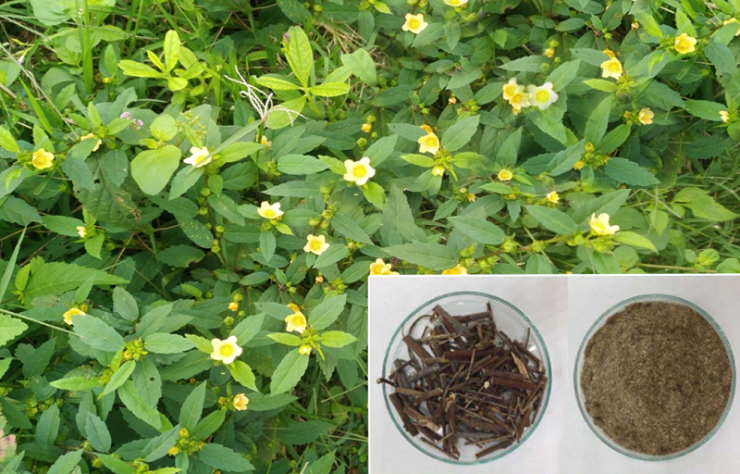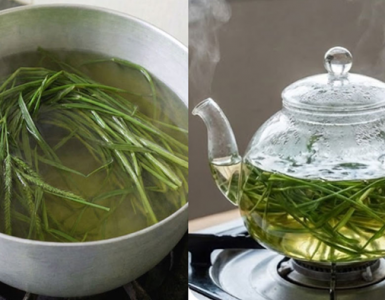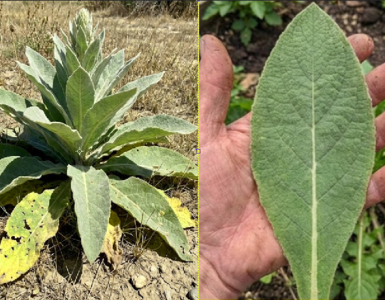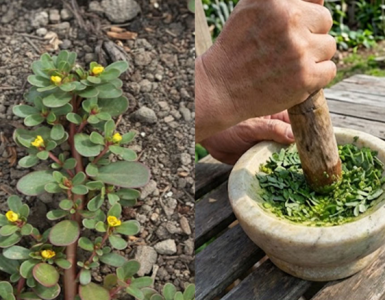Often dismissed as an invasive weed, Stubborn Grass, also known scientifically as Sporobolus indicus, is a wild grass species that thrives in neglected soils, roadsides, and fields. While its name suggests trouble for farmers, this hardy plant hides a wealth of health benefits and practical uses—especially in traditional medicine.
Let’s dive into the surprising healing power of this overlooked grass.
Stubborn Grass (Sporobolus indicus) is a fast-spreading perennial grass found in tropical and subtropical regions. It grows in tough environments, which has earned it a reputation for being nearly impossible to eradicate—hence the name “stubborn.”
Yet, in many indigenous and folk healing systems, this humble grass has long been valued for its:
- Anti-inflammatory properties
- Antibacterial action
- Cooling effect on the body
- Diuretic properties
Health Benefits of Stubborn Grass
1.Natural Antiseptic
The fresh juice of stubborn grass has been used traditionally as a wound cleanser and natural antiseptic. It helps prevent infections and supports wound healing when applied topically.
2.Reduces Fever
In some cultures, decoctions made from stubborn grass are used to reduce body temperature during fevers, especially in children. The plant is believed to cool the system and promote sweat, aiding in detoxification.
3.A Mild Diuretic
Stubborn grass acts as a natural diuretic, helping the body flush out excess water and toxins. It supports kidney function and may aid in managing urinary tract infections (UTIs).
4.Helps with Respiratory Ailments
Traditional remedies sometimes use the grass in herbal infusions to relieve coughs, asthma, and bronchitis. Its soothing properties can help ease inflammation in the airways.
5.Anti-inflammatory for Skin Conditions
When applied as a paste or used in a bath soak, the grass may help alleviate:
Eczema
Skin rashes
Minor burns
Itchy or inflamed skin
How to Use Stubborn Grass
Always use wild plants with caution, and consult a healthcare provider or trained herbalist before internal use.
Fresh Juice for Wounds
Crush a handful of clean grass
Squeeze out the juice
Apply directly on minor cuts, scrapes, or insect bites
Decoction for Fever or Detox
Boil a small handful of grass in 2 cups of water for 10–15 minutes
Strain and sip warm (can add honey or lemon)
Herbal Bath for Skin Relief
Add boiled grass water to bathwater
Soak for 15–20 minutes to relieve skin irritation
Other Uses of Stubborn Grass
Soil protection: Often used for erosion control in agriculture due to its deep roots
Animal fodder: Livestock may graze on young, tender shoots
Compost material: Can be added to compost piles for nitrogen-rich green matter
Stubborn Grass may be tough to remove, but it’s even tougher when it comes to supporting your health. With its cooling, antibacterial, and cleansing properties, this wild grass proves that nature’s most persistent plants often hold the strongest healing potential.






Add comment